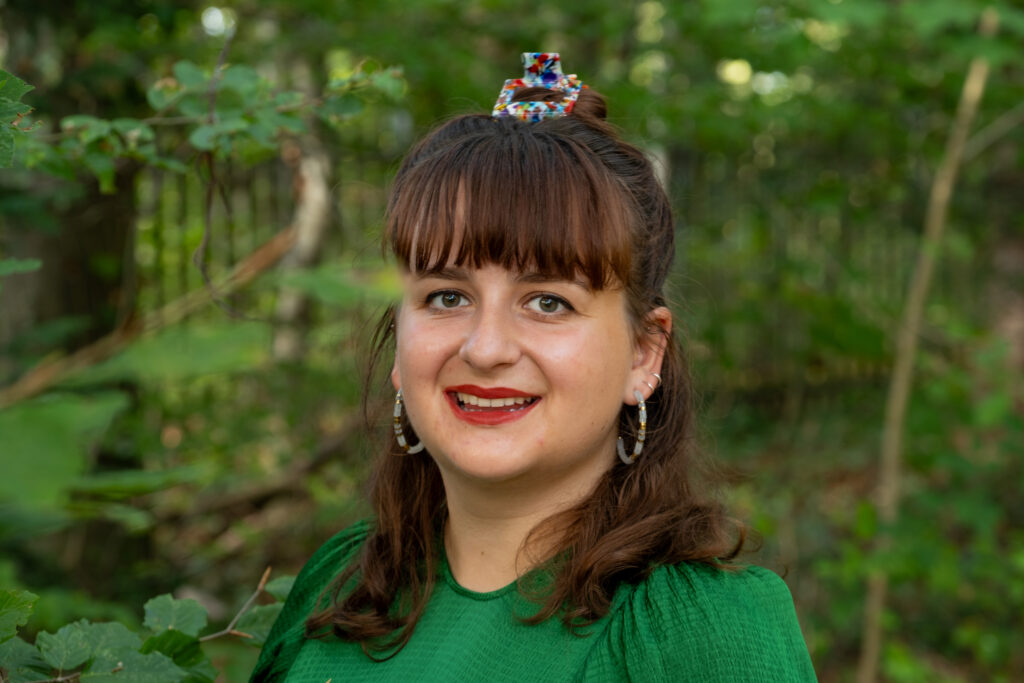For years, Gen Z and Millenials have been confronted with the stereotype that they are not activist enough, they’re lazy and they are too comfortable to protest in the streets for what they believe in as much as previous generations. In an interactive workshop using Policy Kitchen with students from different Swiss Universities of Applied Sciences alternative. This text is an introduction to a blog series on the evolution of youth activism which was produced by students in the framework of the Hirschmann foundation’s scholarship program for students excelling at Swiss Universities of Applied Sciences.
Does today’s youth have it all and see no need to revendicate change? Have we swapped out handcrafted protest signs for hashtags and molotov cocktails for inflammatory instagram stories? Are young people so disconnected from political and societal issues that they have stopped caring? Terms such as standby citizens or democratic disconnect are booming with commentators and scientists alike. Activist campaigns on social media are questioned for their political efficacy.
Exploring new forms of civic action
Countering such narratives, a study amongst 2000 young Europeans has found that many young people indeed do have distinct political views and seek to partake in both political discussions and traditional and non-traditional forms of civic participation. The ways in which young people take action and demand societal change have merely changed in form when comparing to previous generations.
To understand young people’s experiences with activism, one must make them part of the conversation. Bringing together a group of 25 bright-minded students of Swiss Universities of Applied Sciences from a variety of academic disciplines proved instantly that not caring about political and social issues is as far from their realities as could be. Burgeoning experts in a broad range of academic fields spanning from performing arts, to chemistry, to design or social work coming from all regions of Switzerland the group brought in a multitude of perspectives, but shared one core commonality: they all had social and political issues near to their heart and were taking action to shape the world actively.
Stepping into action: How do young people enforce societal change?
As part of the grant program provided by the Hirschmann foundation in partnership with foraus and the Lucerne University of Applied Sciences and Arts (HSLU) the diverse student group was asked to commonly develop a voice for their generation’s relationship to politics and activism. In order to brainstorm, ideate and cluster, the group took part in a World Café workshop organized by foraus in Bern on the 28th September 2022. Using this collaborative methodology, the group identified three main messages related to taking an active role in society throughout multiple discussion rounds. The 25 grant holders then turned to foraus’ collaboration platform Policy Kitchen to further develop their views into three blog posts (The importance of history and media competence, Taking the chance: democracy moments in everyday life, Young vs. old: how to avoid generational conflict) intended to be shared in the political and academic landscape.
But also after an evening of lively exchange and heated discussions, their contributions were not done: using the Policy Kitchen platform, the students were able to continue their co-creation also after the event, refining their texts through comments from their co-authors and from other groups as well.
So how does this young generation see themselves revolutionizing civic action? Where do they see priorities for us as individuals to contribute to society at large? Continue reading the blogs created by the the grant holders of cohort V of the Hirschmann grant project here:
- The importance of history and media competence
- Taking the chance: democracy moments in everyday life
- Young vs. old: how to avoid generational conflict
Enjoy the read!
Photo from https://unsplash.com/





